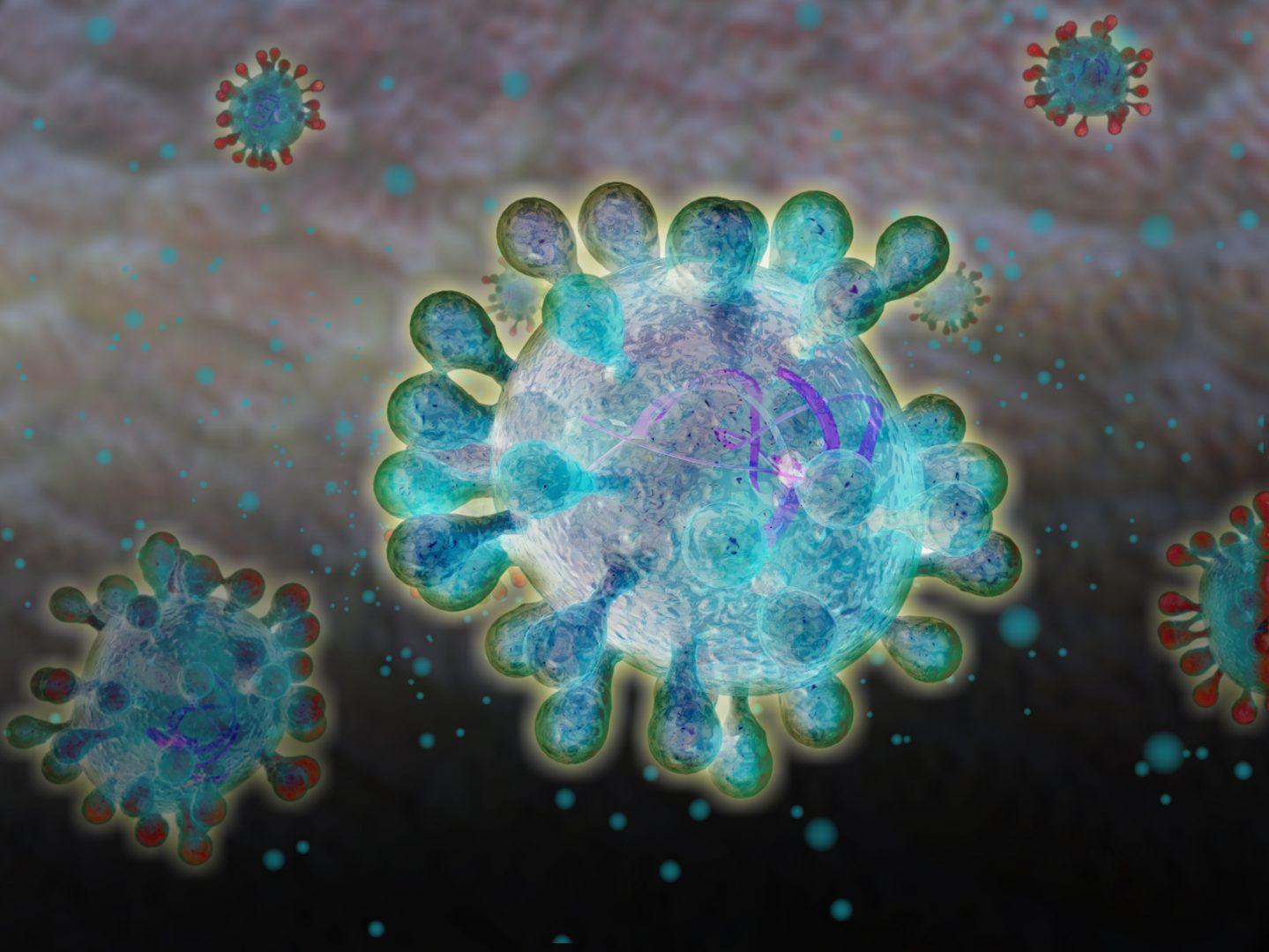Story written by Larry Valenzuela and Zaeem Shaikh
Fresno State President Dr. Joseph I. Castro said the university will continue to monitor the coronavirus situation after the Fresno County Department of Public Health (FCDPH) confirmed March 7 the first case in Fresno County.
According to the FCDPH, the case is travel related. Two travelers arrived for testing after returning from a Grand Princess cruise on March 6, 2020. One of the tests returned as a presumptive positive case, and the family of this individual is self-monitoring with FCDPH oversight, Castro said in a statement.
As of right now, the FCDPH says there is no immediate threat to the general public, and the FCDPH is not recommending cancellation of events, closure of schools or buildings.
Castro said neither of the travelers is believed to be affiliated with the Fresno State community.
In the statement, Castro reiterated that Fresno State has an incident response team that is monitoring the situation. The team is composed of professionals from across campus, including individuals with expertise in public health and crisis management.
Castro said Fresno State will follow the direction of the FCDPH and the CSU Chancellor’s Office before any decisions are made regarding significant changes to teaching continuity and campus operations. He added the university is in regular contact with the FCDPH and has protocols in place to ensure quick and decisive communication and action as needed.
According to the press release, it’s important for people to stay informed, practice daily preventative care and remain calm as the Centers for Disease Control and Prevention is reporting that the immediate health risk from the coronavirus for the general U.S. public is considered low.
Campus activities will remain open as Fresno State continues to assess the effects of the coronavirus.
In an updated press release sent out on March 10, Castro reiterated that there was no immediate threat to the general public but the campus would remain diligent about how best to protect the university community.
Castro brought up the possibilities of campus leadership to consider temporary reduction or alteration of classroom instruction.
Such reduction involves delivering as much of the curriculum and academic advising as possible through non-face-to-face methods, including the use of technology to deliver instruction and interact with students.
He notes that the Academic Senate and the collective bargaining unit are developing contingency instruction plans which include the possibility of making some or all lectures, discussion sections, seminars and other similar classroom settings virtual.
Students, faculty and staff are strongly advised against all international travel, said Carolyn Coon, dean of students and acting vice president for Student Affairs and Enrollment. This includes popular spring break destinations such as Cabo San Lucas and Cancún.
Spring Break is April 6 through 10.
In a press release, Coon said to expect flight cancellations, quarantines and border closures to happen on short notice,
Coon also said to prepare for mandatory screenings and a possible 14-day required self-isolation.
Students, faculty and staff who are unable to return to the U.S. may encounter disruptions to their studies due to travel delays or self-isolation requirements.
Honora Howell Chapman, Interim Dean, College of Arts and Humanities, sent an email to staff on Tuesday, March 10, urging staff not to bring outside guest speakers to campus until further notice.




